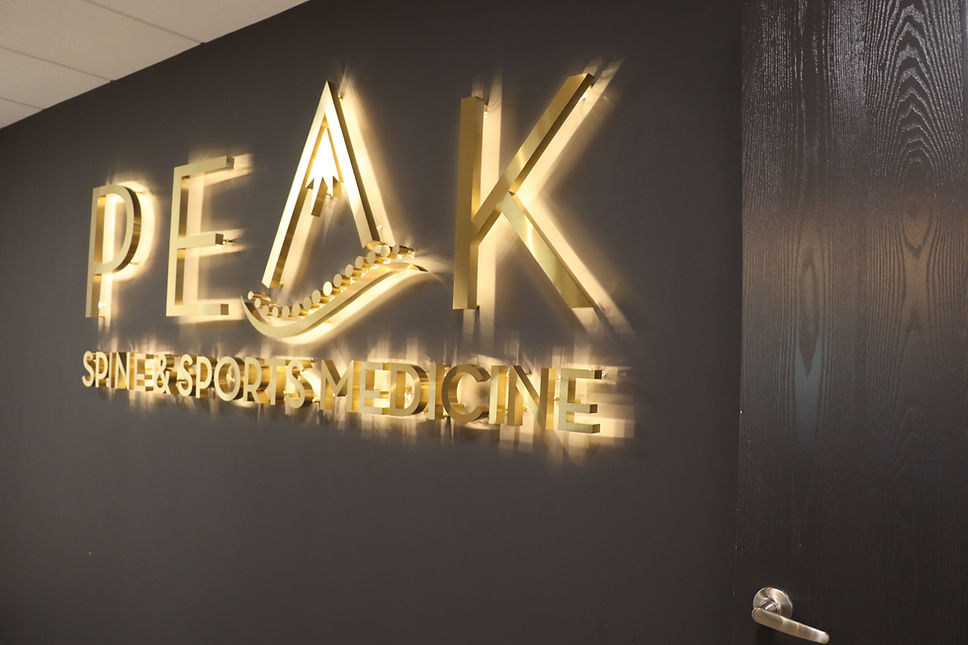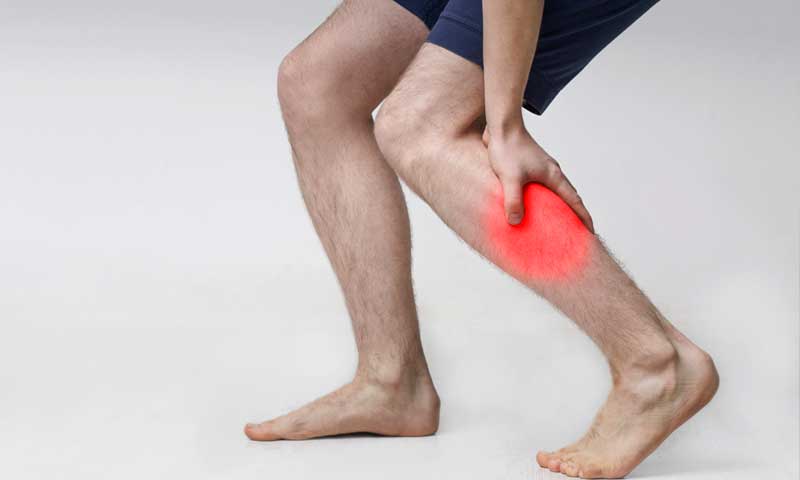
Leg Pain

Leg pain has many possible causes, ranging from musculoskeletal conditions to nerve damage and vascular problems.
Jill Kalariya, MD, and Milind Patel, MD, MBA, and the expert team at Peak Spine & Sports Medicine in Marlton and Collingswood, New Jersey, provide patient-centered care for all types of leg pain.
If you experience leg pain that’s persistent or severe, call the office today or request an appointment online.
Leg Pain Q & A
What causes leg pain?
Most leg pain is the result of overuse or minor injuries. This type of leg pain usually resolves within a few days of treatment with home remedies like ice and over-the-counter pain relievers. Leg pain that’s severe or ongoing may be due to an underlying problem that needs treatment. The team at Peak Spine & Sports Medicine treats many leg pain causes, including:
Injuries
Leg pain is often a sign of an injury, such as tendinitis, stress fractures, shin splints, and muscle strain. Sports injuries, auto injuries, and falls can all lead to leg pain.
Medical conditions
Leg pain may be a symptom of a wide range of medical conditions, including neurological, musculoskeletal, and vascular problems. Various forms of arthritis, including osteoarthritis and gout, can affect the legs.
Neuropathy, which involves nerve damage, is a condition that often affects the legs and feet, causing pain, numbness, or tingling.
Vascular conditions like varicose veins, atherosclerosis, and deep vein thrombosis (DVT) can also cause leg pain.
Nerve compression
A pinched nerve in your spine can cause pain to radiate into your legs. Sciatica is a common type of leg pain that stems from nerve compression.
When should I seek medical care for leg pain?
Call the team at Peak Spine & Sports Medicine if your leg pain continues or worsens despite attempts at self-care or if it’s severe enough to interfere with your normal routine. You should also call them if your painful leg is swollen, red, or makes walking difficult.
Go to the hospital right away if your leg pain is the result of an injury that left you unable to bear weight on the leg or caused a popping noise.
How is leg pain treated?
First, the team at Peak Spine & Sports Medicine carefully reviews your symptoms and medical history and examines your leg. Then, they create an individualized pain management plan that may include one or more of the following integrative treatments:
Physical therapy
Nonsteroidal anti-inflammatory drugs (NSAIDs)
Nutrition counseling
Joint injections
Spinal injections
Spinal cord stimulator
They may also recommend regenerative medicine, such as stem cell therapy, for certain types of leg pain.
For a multidisciplinary approach to leg pain treatment, call Peak Spine & Sports Medicine, or request an appointment online today.
_edited.jpg)